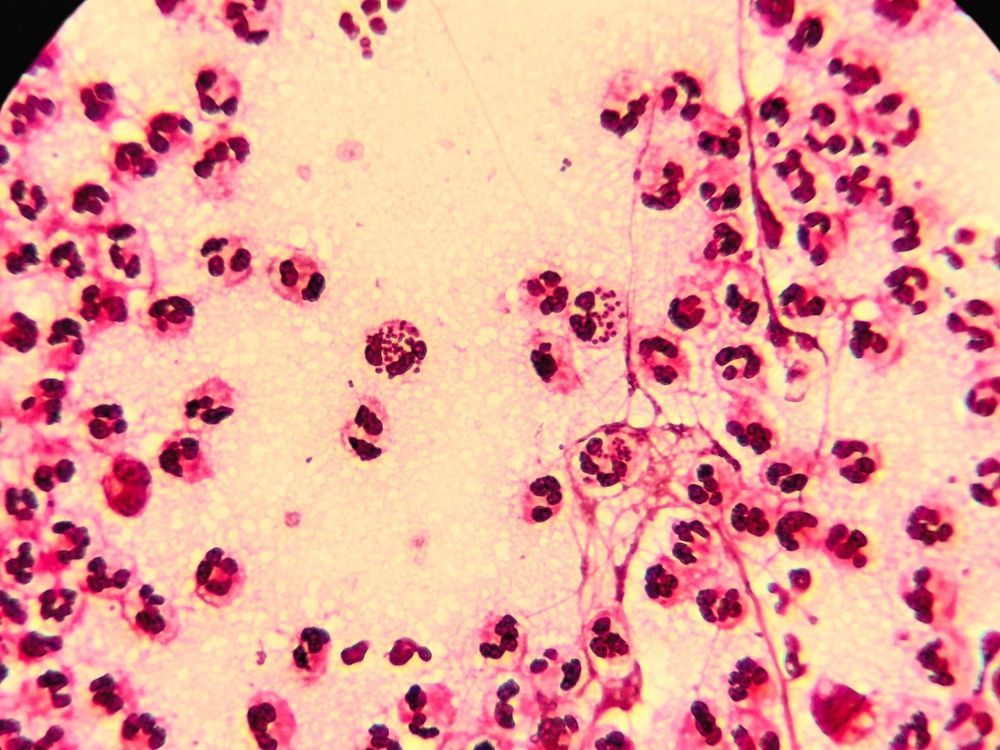Are Abortion Pills the Same as “Plan B”?
Share this Article:
If you’ve recently discovered you are unexpectedly pregnant, it may seem like your world has turned upside down. When emotions are high and fear is nipping at your heels, it’s easy to wonder what to do next. You might be looking at your options and wondering if the abortion pill and the morning after pill are the same thing.
The fast answer is no, the abortion pill and the morning after pill are not the same thing, yet their purpose is to achieve the same result, of not being pregnant. To understand the differences between them, how they work, and how they are used, read on.
The Abortion Pill—What is it?
It is actually two pills, mifepristone and misoprostol, taken some time apart as prescribed by a doctor, that ends the pregnancy. Sometimes called a chemical abortion , it is a medical procedure that intentionally ends a pregnancy.
The abortion pill is approved by the FDA to terminate a pregnancy during the first 10 weeks after your last menstrual period. It can be prescribed, and taken, for up to 70 days following the first day of your last period. The procedure requires a single office visit. While there, the woman is given mifepristone to swallow, which causes the demise of the baby over the next few days. One to two days later, misoprostol tablets are taken which causes severe cramping that expels the baby. This happens on your own at home. It is possible to see identifiable body parts of the baby expelled if the pregnancy is beyond 8 weeks. Follow-up with the medical provider occurs one to two weeks after taking the first pill to determine if the procedure is complete and to check for any complications.
There are many risks associated with a chemical abortion including, serious and sometime fatal infections, bleeding, undiagnosed ectopic pregnancy, failed abortion, and risk of fetal malformations. Please consult with a medical professional.
The failure rates for medical abortion increase as the pregnancy progresses. One study found failure rates of 5% at seven weeks and under, 8% at eight weeks, and 10% at nine weeks. 1
Women who change their minds after taking mifepristone and want to try to continue their pregnancies may call “The Abortion Pill Reversal: at (877) 558-0333. abortionpillreversal.com
The Morning After Pill—What is it?
The morning after pill (sometimes called “Plan B”) is marketed as an emergency contraception to prevent pregnancy after having unprotected sex or if your contraception fails, such as a broken condom or when you have taken an antibiotic that renders the contraceptive pill ineffective. It should not be used as a routine method of birth control.
The pill works best when it is taken within 72 hours after unprotected sex and decreases the chance of pregnancy by 75-89 percent. It should not be used as a replacement for contraception as the effectiveness is much lower. 2
The morning after pill works through high doses of the synthetic hormones of estrogen and progestin, helping to regulate ovulation and fertility similar to the way in which the natural forms of these hormones work.
This means pregnancy is prevented through one or more of three different ways: prevents or reduces the chances of an egg being released from the ovaries; decreases the chance of the sperm fertilizing the egg by thickening the cervical mucus; and it decreases the chance of implantation by changes to the lining of the uterus. The morning after pill is a form of abortion when a fertilized egg is prevented from implanting in the uterus lining as it could naturally. The side effects can include nausea, abdominal pain, fatigue, headache, dizziness and vomiting. If you vomit within 2 hours of taking the pill you should consult a medical professional to see if you need to take another dose.
Come in For a Free Pregnancy Test
Make an appointment today to come in for a free pregnancy test. Why, you ask? First, to confirm that the test was accurate, and you are, indeed, pregnant. If the test comes back positive, we will offer you an ultrasound at no cost to you confirm that your pregnancy is viable and will provide you with information about STD testing.
We are committed to your health and supporting you during this challenging time in your life.
- Von Hertzen, H, et al. “Misoprostol Dose and Route after Mifepristone for Early Medical Abortion: A Randomised Controlled Noninferiority Trial.” British Journal of Obstetrics and Gynaecology, June 18, 2010. <onlinelibrary.wiley.com/doi/10.1111/j.1471-0528.2010.02636.x/full>.
- Plan B One Step: Side Effects, How This “morning After Pill” Works Miranda Hitti – https://www.webmd.com/sex/birth-control/features/plan-b-11-questions-11-answers




